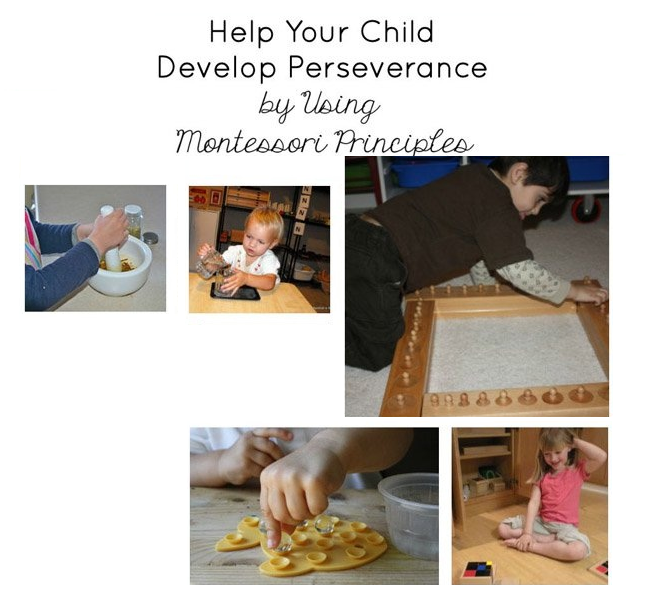
We as parents want our children to develop the ability of preserving tasks, having the ability to work in difficult times and situations, and the confidence that they can succeed in their goals.
These qualities can develop in kids by following the Milton Montessori Education system at home or simply following the principles of Maria Montessori teachings for early home schooling. Here’s are something’s to follow while your kid is at home and learning from home:
Understand Your Child’s Interest
This principle, as followed by Montessori School System is too simple and obvious, and even easier for you to see and observe. Your child will stick to one task that he finds it interesting. The concentration you give him during this time and the pride he feels from completing this work will encourage him to undertake new goals and new heights. A self chosen task or work brings out much more impressive results than assigned by teachers or even you.
When a child or even a grown up individual finds his/her area of interest to work on – the paths of progressing in the work and going ahead of the set goals becomes even more specific. The hours spent while doing the research or finding out more, then seems less. This appetite for going further and learning more is the learning of perseverance from Montessori School system.
Use Practical Approaches – Life Activities and Opportunities
Montessori education has lots of practical life activities and opportunities available for toddlers at preschool. Practical life activities are very essential in developing order, coordination, independence, and coordination in a child. As Maria Montessori observed, even the kids who were at asylum moved their hands to reach out for the remaining bread crumbs, movements while exploring – this meant that they wanted to learn, and they could only learn through movement and movement means being practical.
Demonstrate Activities
Let you child see the practical examples of activities. Demonstrate how to do an activity, for instance the process of taking off some material from the shelf and cleaning up the shelf followed by returning the item back to its place. For developing perseverance, it’s important that the child learns about the steps and understands what is meant by completing the activity.
Allow Your Child to Have Freedom
Another important aspect of Montessori School is the practice of freedom. The child is allowed to enjoy the freedom as much as he wants, play as much as he wants, choose the work he wants to do and complete the cycle of activity uninterrupted. The freedom enables the child to find his own corner of peace, establishes interest in what seems interesting to him, and takes his own time in finding the solution to his work. He develops confidence and becomes self reliable.
Sensitive periods are a very important part of Red Apple Montessori School. These periods allow the child to work for longer periods of time and repeat the activities, while staying intact with the sensitive period requirements. While referring to this sensitive period, Maria Montessori Said:
“The child makes a number of acquisitions during the sensitive periods, which place him in relation to the outer world in an exceptionally intense manner. Then all is easy; all is eagerness and life, every effort is an increase of power. But when some of these psychic passions die away, other flames are kindled and so infancy passes from conquest to conquest, in a continuous vital vibrancy, which we have called its joy and simplicity. It is through this lovely flame that burns without consuming that the work of creating the mental world of man takes place.”
Let Your Child Be and Let Him Do For Him!
If you help your child, you can put perseverance become a difficult task, like said in the start that it can become either easy or difficult. By following the Montessori principle, you can make it a simple task. This is how Maria Montessori explained it: “These words reveal the child’s inner needs: ‘Help me to do it alone.”
A child will learn to fix things and find errors, only if he understands how to complete something on his own. He or she will work with persistence, and will reach success, if uninterrupted. If your child doesn’t ask for help and even if he has difficulty with the task, it’s better to allow your child to work and figure things out on his own than to help.
